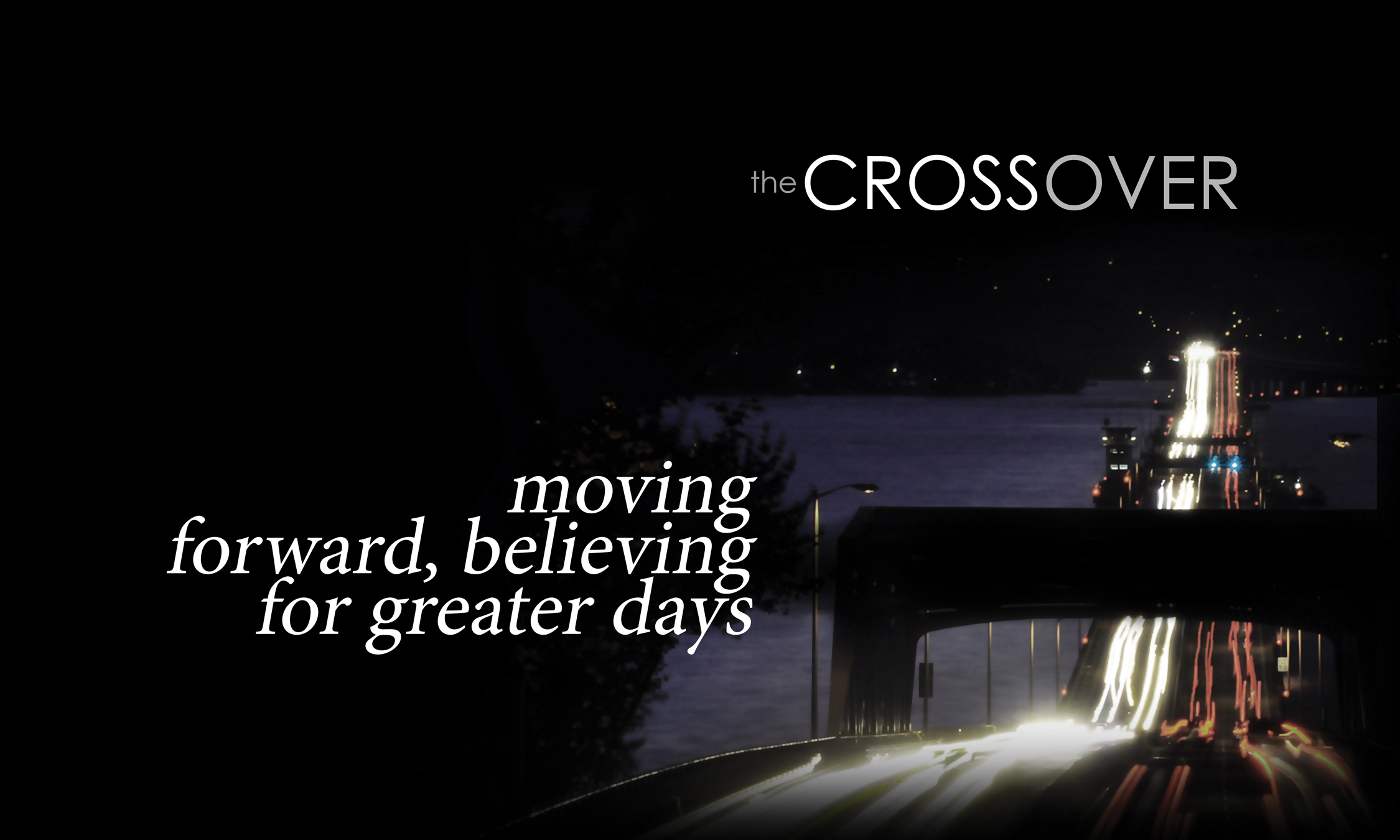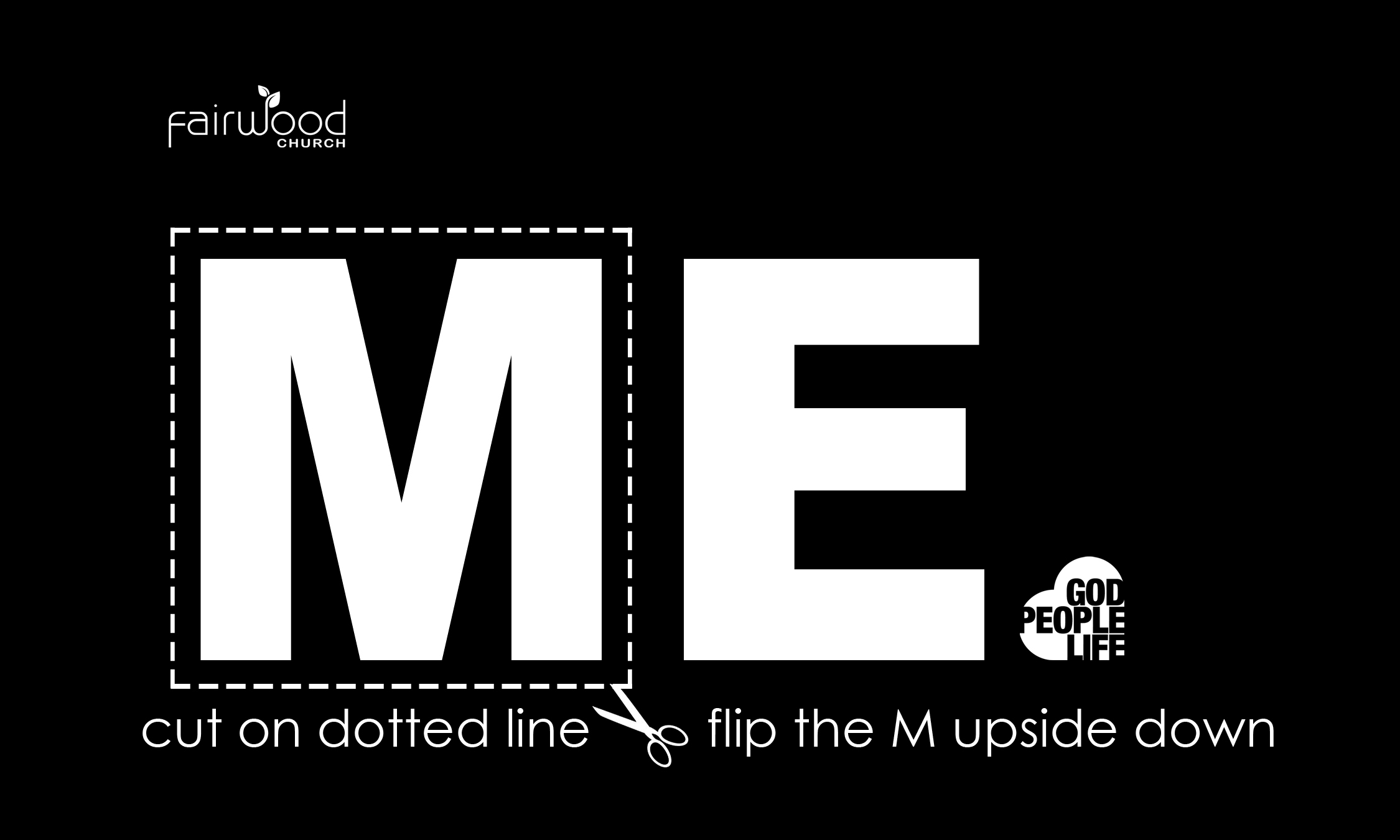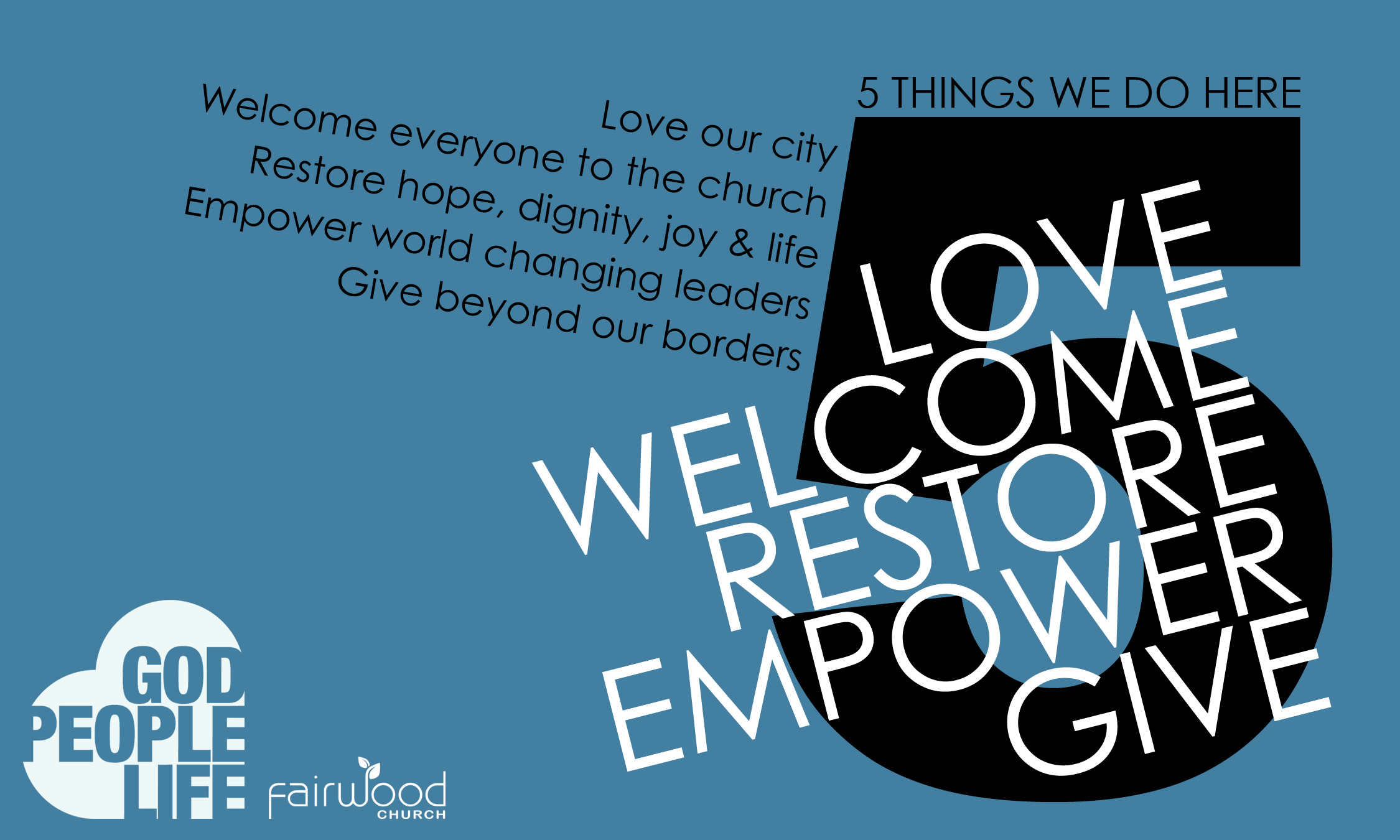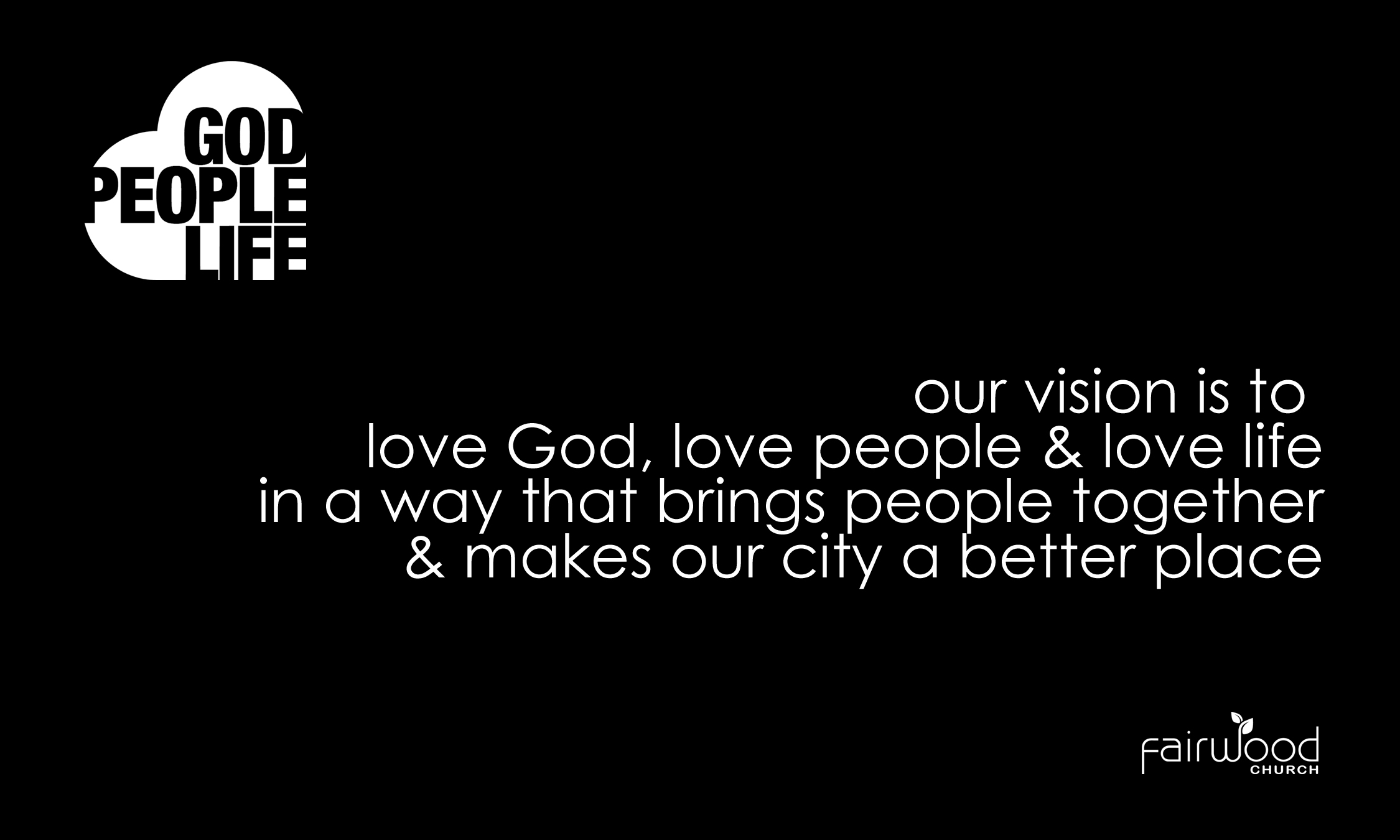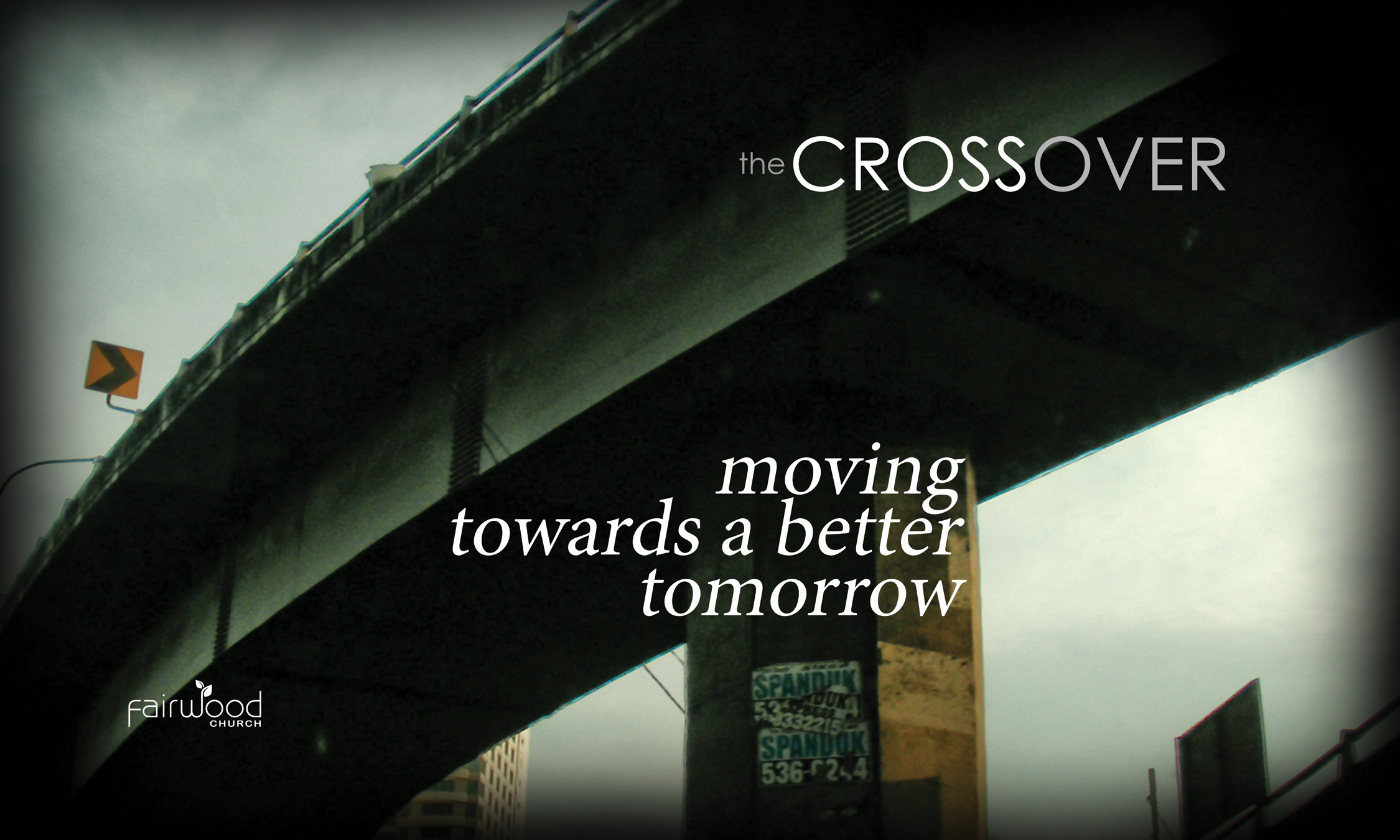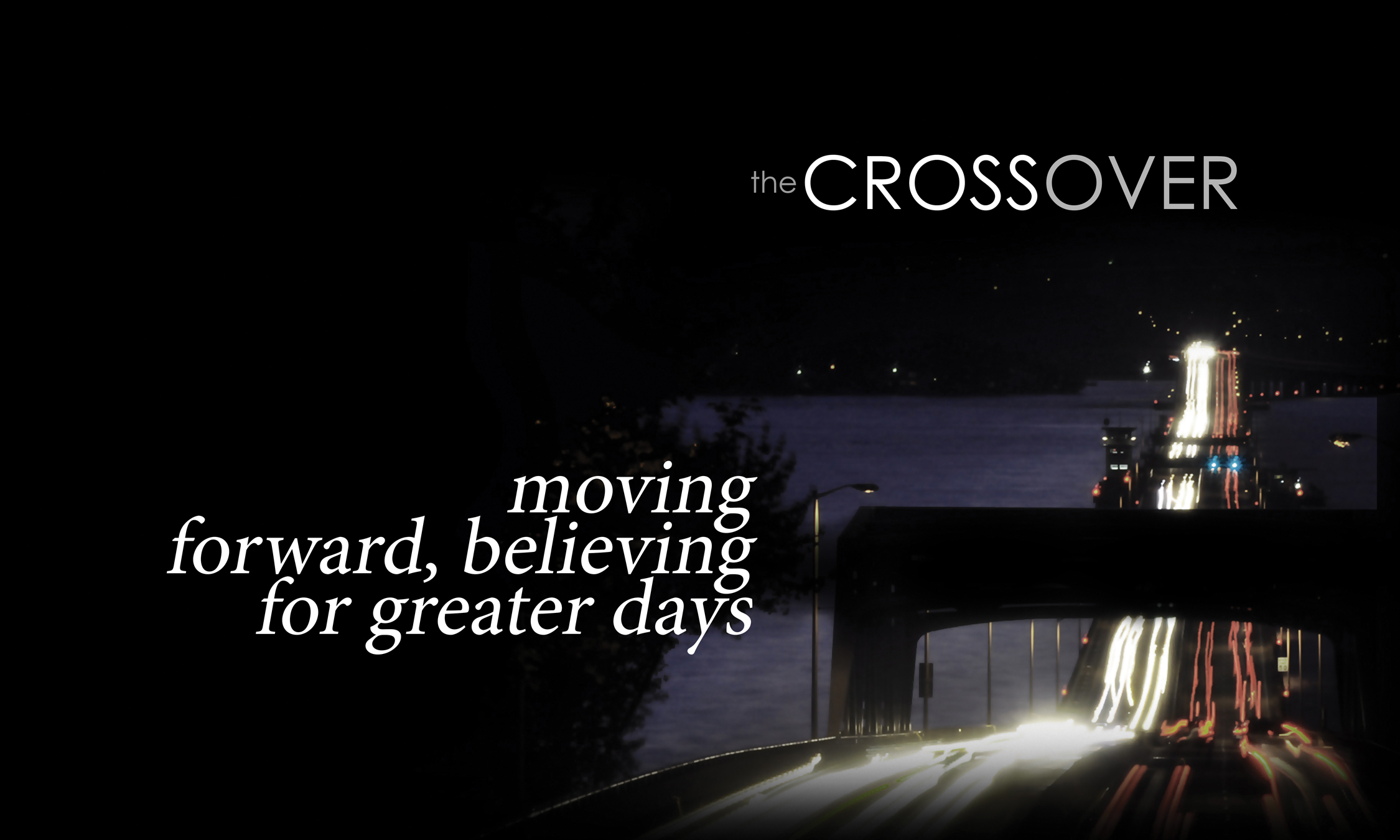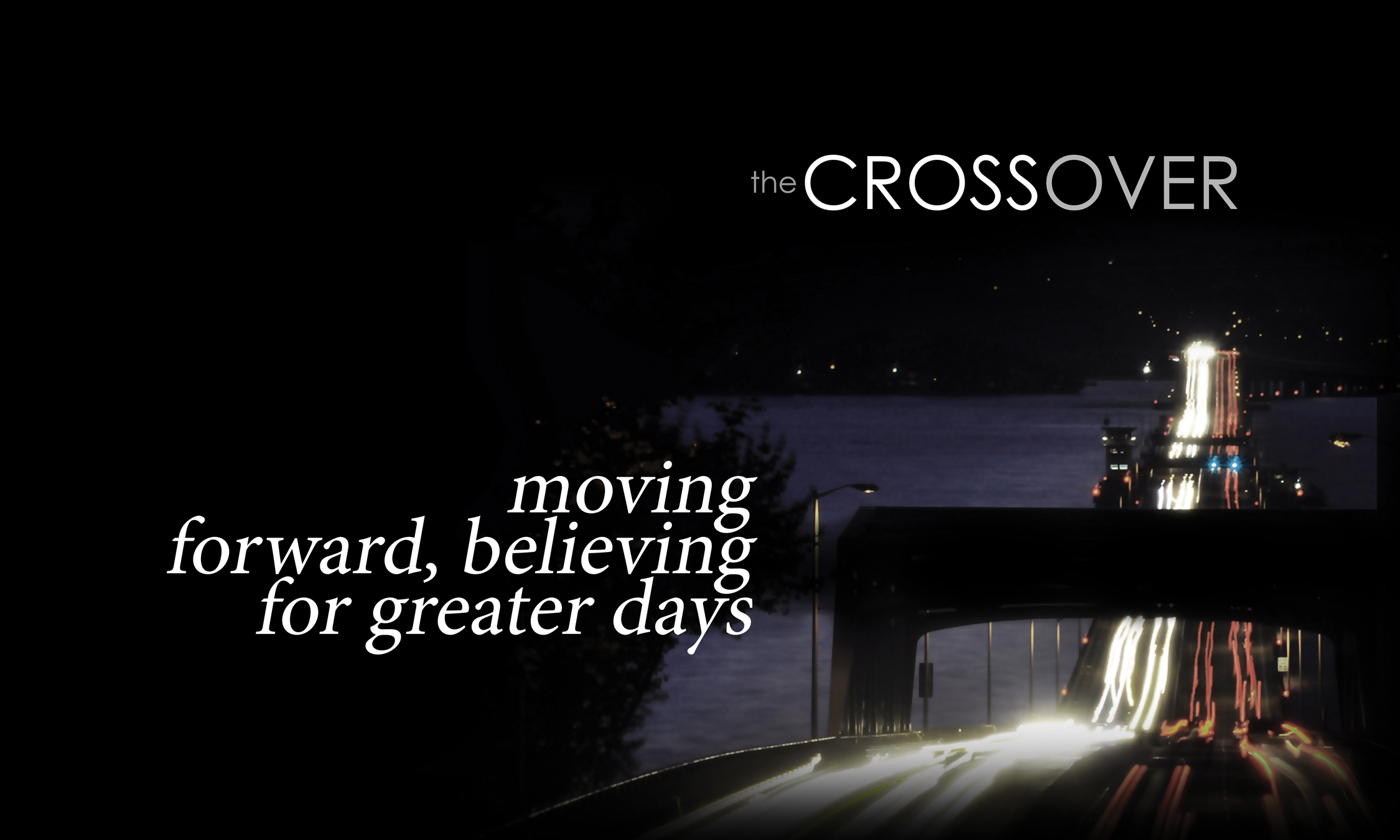Generally, we think of middle-class as a safe (or even desirable) place to be.
However, this isn’t always true. Spiritually, it’s more desirable to be poor, bankrupt, at the end of your rope.
Remember what Jesus said?
“Blessed are the poor in spirit, for theirs is the kingdom of heaven.” —Matthew 5.3 (NKJV)
“God blesses those who are poor and realize their need for him, for the Kingdom of Heaven is theirs.” (NLT)
“They are blessed who realize their spiritual poverty, for the kingdom of heaven belongs to them.” (NCV)
“You’re blessed when you’re at the end of your rope. With less of you there is more of God and his rule.” (MSG)
God’s blessing comes to those who acknowledge their spiritual bankruptcy.
When we see how deep our debt is before God and have no ability to redeem ourselves… that’s when grace flows.
Salvation is God’s extravagant gift to us. It’s free, but it cost Him so much.
Poor in spirit? That’s the place to be. You’re blessed.
What if you aren’t poor in spirit?
This would mean you don’t see yourself as so bad, sinful, morally bankrupt and lost that only grace can save you.
You would be “middle-class in spirit.”
You would believe that you’ve earned your standing with God and blessings from him.
You would believe that your success and wealth are due to your own hard work, talents and abilities.
Quoting Timothy Keller from his book Generous Justice:
“My experience as a pastor has been that those who are middle-class in spirit tend to be indifferent to the poor, but people who come to grasp the gospel of grace and become spiritually poor find their hearts gravitating toward the materially poor.
To the degree that the gospel shapes your self-image, you will identify with those in need.
You will see their tattered clothes and think: ‘All my righteousness is a filthy rag, but in Christ we can be clothed in his robes of righteousness.’
When you come upon those who are economically poor, you cannot say to them, ‘Pull yourself up by your bootstraps!’ because you certainly did not do that spiritually. Jesus intervened for you.
And you cannot say, ‘I won’t help you because you got yourself into this mess,’ since God came to earth, moved into your spiritually poor neighborhood and helped you even though your spiritual problems were your own fault.
In other words, when Christians who understand the gospel see a poor person, they realize they are looking into a mirror. Their hearts must go out to him or her without an ounce of superiority or indifference.”
As individuals, and as a church, we must avoid the middle-class in spirit problem.
How?
By being poor in spirit—aware of our own pitiful shortcomings, failure and spiritual bankruptcy.
We are recipients of His grace.
Let’s pass that grace on….
We have a city to love—the hungry to feed, the hurting to comfort, the lonely to include, the overlooked to welcome and orphans to provide for.
